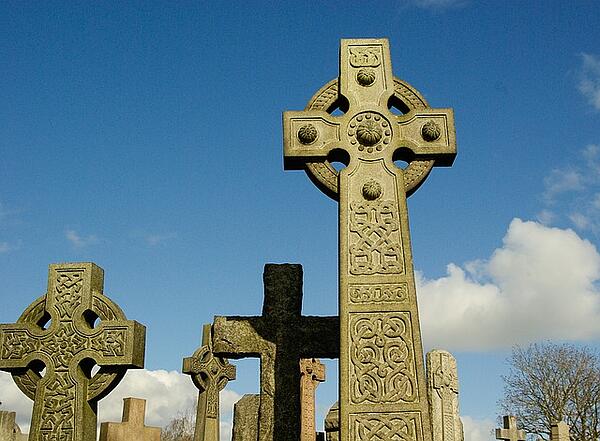Scotland and Place Names
Scotland has a fascinating naming heritage of its own, deriving from the two Celtic groups who merged to create the Scottish population - Picts and the Gaels. The Picts and the Gaels founded the Kingdom of Scotland in the 9th Century, and thus many place names in the country have strong origins in the ancient languages of Pictish and Gaelic, as well as Norse.
Norse influences are mainly found around the coastline of Scotland as the Scandinavians had arrived by boat and stayed close to the coast. An example of an Norse-influenced name is Orkneys, which consists of ‘Orc’ - meaning boar - and ‘ey’ - meaning island. For those living in Orkneys, the nearest area of mainland was ‘the south land’, which is where the name Sutherland comes from.
Other Scandinavian-influenced names include Helmsdale, Brora and Golspie, which mean ‘Hjalmund’s Valley’, ‘bridge river’ and ‘Gull’s village’, respectively. Thingwell also has Scandinavian influence in its name and means ‘field of assembly’.

Moving away from the Scandinavian influence there were many areas that were named using Gaelic words. Lairg, for example, means ‘thigh’, Dornoch means ‘pebbly place’ and Gairloch means ‘short loch’.
There are also a number of Scottish place names that begin with ‘Inver’. This comes from the Gaelic word ‘Inbhir’ and means ‘mouth of the river’. Lossiemouth, on the other hand, uses the English word for mouth, while adding a Gaelic word that means ‘river of herbs’.
‘Pit-‘ is a common prefix in Scotland and is generally believed to mean ‘portion’. ‘Dun’ is another common part of place names and means ‘hill fort’, while ‘largs’ means ‘slopes’.
Glasgow, perhaps one of the most well-known place names in Scotland, means ‘green hollow’, and Dumbarton means ‘fortress of the Britons’. However, the meaning of Edinburgh has not been agreed by historians. The ‘burgh’ element of the name, which means ‘fortification’ or ‘fortified place’, has been agreed but the start of the name is in dispute. Some believe ‘Edin-‘ refers to King Edwin who had a fort in the area and is referenced in the ancient ‘Edwinesburg’. However, there are others who believe ‘Edin’ is a development of an earlier name - ‘Eldyn’ - which has no clear interpretation.
There are some places in Scotland with purely English names, although this is rare. One example is Peterhead, as is Fort William and Fort George, with the latter two being named after English military bases built in Scotland for William III and George II, respectively.
See also:
MLA Citation/Reference
"Scotland and Place Names". HistoryLearning.com. 2026. Web.
